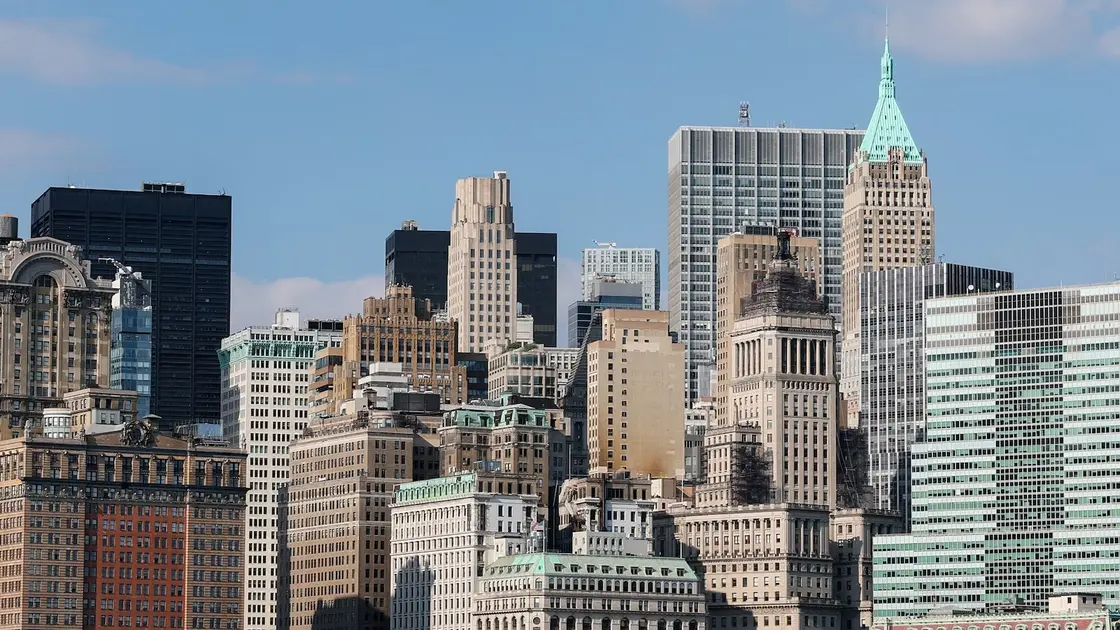T4K3.news
Three fatalities confirmed in Harlem Legionnaires' disease outbreak
The outbreak has sickened at least 67 individuals in New York City's Harlem area.

A recent outbreak of Legionnaires' disease in Harlem has led to three fatalities and numerous illnesses.
Three die as Legionnaires' disease outbreak grows in Harlem
A cluster of Legionnaires' disease cases in Harlem, New York City, has resulted in the deaths of three individuals and at least 67 others falling ill. Initially, the outbreak was reported by the New York City Health Department last week, with one fatality and 22 reported cases. Officials clarified that the affected cases are concentrated in five specific ZIP codes in central Harlem, but they do not believe the outbreak will affect surrounding areas. Individuals experiencing flu-like symptoms in these regions are advised to seek medical attention promptly. Legionnaires' disease is a severe form of pneumonia caused by the Legionella bacteria, often flourishing in warm water conditions. Health officials have confirmed that the disease does not arise from plumbing systems in the area, allowing residents to use water safely. An investigation is ongoing, with some cooling towers undergoing remediation following initial positive screenings for the disease-causing bacteria.
Key Takeaways
"People living or working in the area with flu-like symptoms should contact a health care provider immediately."
This advice from health officials aims to encourage prompt medical attention in the affected community.
"Legionnaires' disease does not generally spread from person to person and can be treated with antibiotics."
This fact highlights the treatable nature of the disease, alleviating concerns about community transmission.
"This is not an issue with any building's plumbing system."
Health officials are emphasizing safety measures by clarifying the outbreak's source is not linked to local plumbing.
This outbreak highlights ongoing public health challenges within urban environments, where infrastructure and public health measures intersect. The rapid increase in cases from 22 to 67 in just a week raises concerns about the effectiveness of immediate responses in addressing such health threats. Experts warn that while the disease does not spread person-to-person, its deadly potential underscores the importance of vigilance in both identifying sources of contamination and providing clear communication to residents. The claims from health officials that plumbing systems are not at fault may bring short-term relief, but community confidence in public health assurances is essential to rebuilding trust in health measures.
Highlights
- Legionnaires' disease reminds us of our vulnerability in urban spaces.
- Health vigilance is vital in preventing outbreaks like this one.
- Trust in public health communication is essential during emergencies.
Health concern due to rising Legionnaires' disease cases
The significant increase in Legionnaires' disease cases raises concerns about public health safety and effective response measures in urban settings. This outbreak, particularly with multiple fatalities, indicates the need for improved health monitoring and infrastructure checks.
This incident serves as a crucial reminder of the need for effective public health monitoring and response.
Enjoyed this? Let your friends know!
Related News

Legionnaires’ disease outbreak in Harlem causes fatalities

Legionnaires' disease outbreak in Central Harlem

Legionnaires' disease outbreak in Harlem claims three lives

Legionnaire’s disease cases confirmed in Harlem

Legionnaires' disease outbreak confirmed in Detroit

Central Harlem reports outbreak of Legionnaires' disease

Legionnaires' inspections drop sharply ahead of outbreak

Legionnaires cases rise to 90 in NYC
